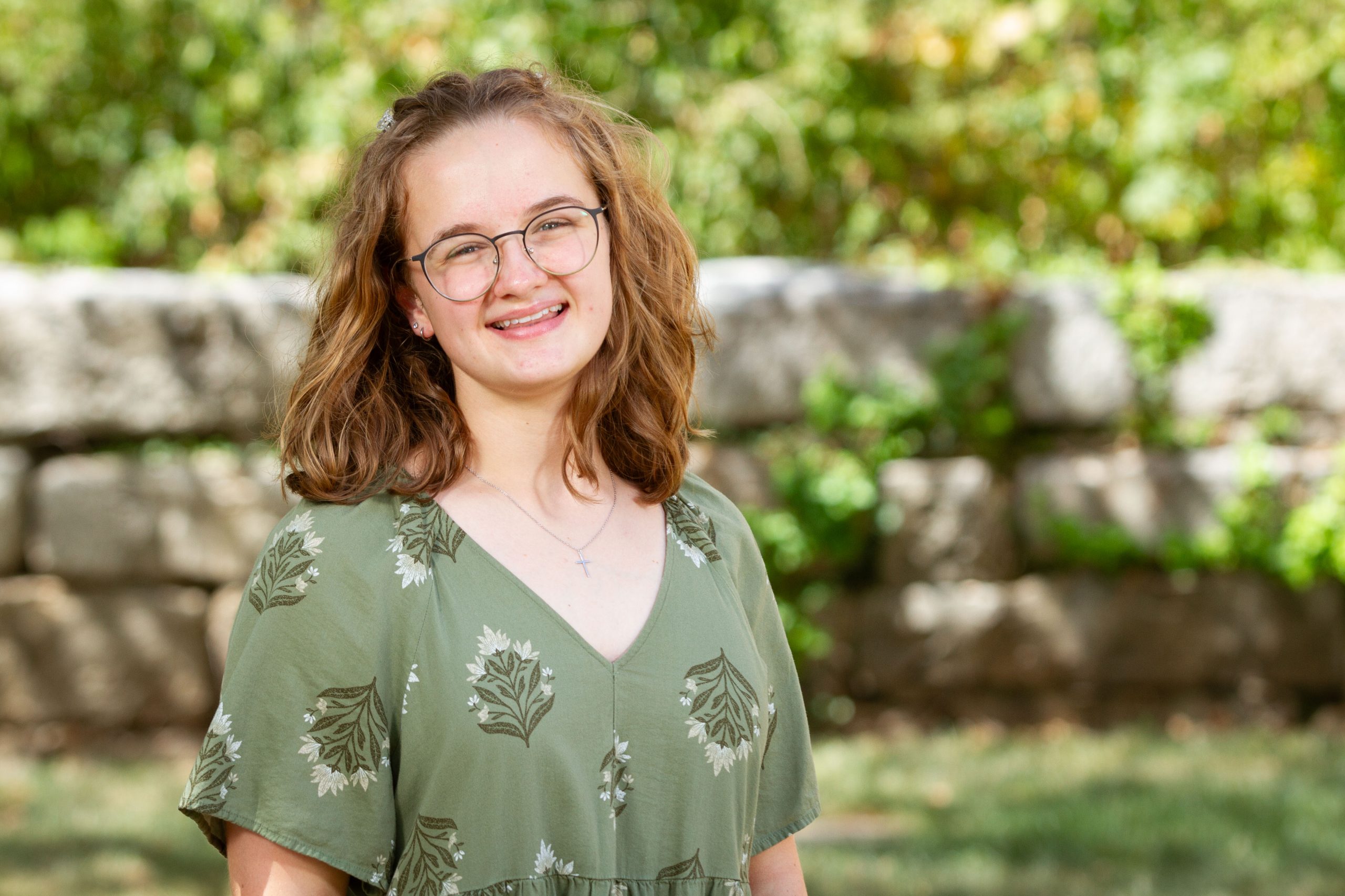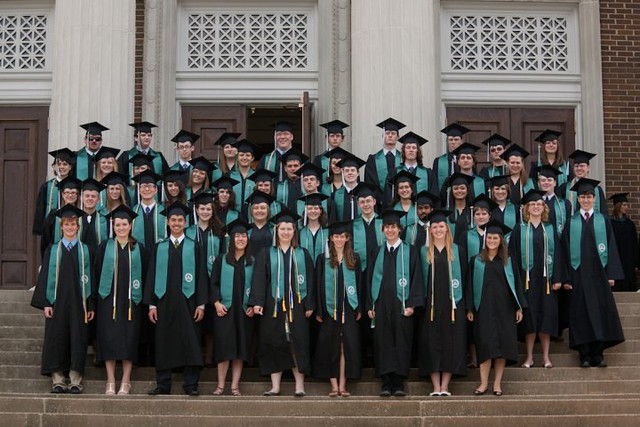Press Release from the Kentucky Department of Education
The number of public high school graduates taking the ACT increased by more than 14,000 from 2008 to 2009, the Kentucky Department of Education and the Council on Postsecondary Education announced today.
This is the first year in which ACT, Inc. has provided Kentucky with separate scores for public school students for the national data release. The number of Kentucky public school students whose scores are presented in this data was 41,099, a significant increase from 2008’s 26,610. This increase is due in part to the requirement that all public school 11th graders participate in the ACT. To compile information for the release of graduating class data, ACT, Inc. used students’ scores from the last time they took the test, and many public school 11th graders in Kentucky did not take the ACT again as 12th graders.
The 2009 composite for Kentucky public school students is 19.1, compared to 2008’s composite of 20.6. Nationally, the 2009 composite score was 21.1, the same as that for 2008. The national composite score includes both public and non-public school test-takers.
ACT indicates that a larger pool of test-takers tends to lead to lower overall scores.
|
2005
|
2006
|
2007
|
2008
|
2009
|
| KY PUBLIC SCHOOL GRADUATES |
38,124
|
38,524
|
39,666
|
41,262
|
N/A
(Final data is unavailable at this time.)
|
| KY PUBLIC SCHOOL STUDENTS TESTED |
25,087
|
24,930
|
25,988
|
26,610
|
41,099
|
| PERCENT OF GRADUATES TESTED |
65.8%
|
64.7%
|
65.5%
|
64.5%
|
100% (expected)
|
| ENGLISH AVERAGE SCORE |
19.7
|
20.0
|
20.0
|
20.2
|
18.3
|
| MATHEMATICS AVERAGE SCORE |
19.6
|
19.8
|
19.9
|
20.0
|
18.7
|
| READING AVERAGE SCORE |
20.7
|
20.9
|
21.0
|
21.3
|
19.4
|
| SCIENCE AVERAGE SCORE |
20.3
|
20.4
|
20.5
|
20.6
|
19.4
|
| COMPOSITE |
20.2
|
20.4
|
20.5
|
20.6
|
19.1
|
“The good news is that we now have identified hundreds of additional students who, in previous years, would not have been identified as having college aspirations,” said Education Commissioner Terry Holliday. “Our goal is to prepare ALL of our children for career and postsecondary work. While we have work to do, the alignment of Senate Bill 1, Race to the Top and numerous other Kentucky reform efforts are now focused on the right stuff – preparing children for their future, not our future.”
“These test results emphasize the importance of Senate Bill 1,” said Robert King, president of the Council on Postsecondary Education. “SB1 compels a critical partnership between P-12 and higher education for the purpose of increasing the number of young people who attend college, persist and earn a degree.”
Senate Bill 1, passed in the 2009 session of the Kentucky General Assembly, calls for a complete revision of the state’s assessment and accountability system for public schools. The bill’s provisions include a revision of academic standards to be based on national and international benchmarks with the goal of increasing the rigor and focus of subject-area content.
The overall ACT Assessment consists of tests in four areas: English, mathematics, reading and science reasoning. ACT, Inc. recommends that college-bound students take four or more years of English; three or more years of mathematics (including Algebra 1, Algebra 2 and geometry); three or more years of social studies; and three or more years of natural sciences. ACT, Inc. defines specific courses in these areas. Kentucky’s graduation requirements define four credits in English; three in mathematics; three in social studies; three in science; one in history and appreciation of visual and performing arts; and one-half each in health and physical education.
ACT, Inc. developed College Readiness Benchmarks in English, mathematics, science and reading, with research indicating that students who reach those have a 50 percent chance of obtaining a B or higher or about a 75 percent chance of obtaining a C or higher in the corresponding credit-bearing college course. The benchmark scores are:
§ 18 or higher on the ACT English Test
§ 22 or higher on the ACT Mathematics Test
§ 21 or higher on the ACT Reading Test
§ 24 or higher on the ACT Science Test
Percentages/Numbers of Kentucky Public School Students
Meeting ACT College Readiness Benchmarks
|
ENGLISH
|
MATHEMATICS
|
READING
|
SCIENCE
|
ALL FOUR
|
| |
%
|
#
|
%
|
#
|
%
|
#
|
%
|
#
|
%
|
#
|
| 2005 |
63%
|
15,805 |
31%
|
7,777 |
47%
|
11,791 |
21%
|
5,268 |
15%
|
3,763 |
| 2006 |
65%
|
16,204 |
32%
|
7,978 |
49%
|
12,216 |
22%
|
5,485 |
17%
|
4,238 |
| 2007 |
66%
|
17,152 |
33%
|
8,576 |
49%
|
12,734 |
23%
|
5,977 |
17%
|
4,418 |
| 2008 |
66%
|
17,563 |
33%
|
8,781 |
51%
|
13,571 |
24%
|
6,386 |
18%
|
4,790 |
| 2009 |
52%
|
21,371 |
24%
|
9,864 |
39%
|
16,029 |
18%
|
7,398 |
13%
|
5,343 |
Some of the drops in percentages of Kentucky public school students meeting the benchmarks can be attributed to the larger population of students who took the ACT and to some students’ status as 11th graders who have not yet completed all of the credits necessary for graduation.
Many Kentucky colleges and universities use ACT scores to inform admissions decisions and to place students in appropriate college courses. ACT scores also are used, along with high school grade point averages, to determine the amount of money high school graduates are eligible to receive through the Kentucky Educational Excellence Scholarship program.
In comparing Kentucky with the nation, the widest gaps in performance among students were in overall English and mathematics scores (2.3 points), and the smallest was in science (1.5 points).
Kentucky’s African-American public school students’ average composite score was 0.6 points lower than the national average for African-American students. At both the national and state levels, the gap between the performance of African-American and white students persisted.
AVERAGE KENTUCKY PUBLIC SCHOOL ACT COMPOSITE SCORES BY ETHNICITY — 2005-2009
|
|
2005
|
2006
|
2007
|
2008
|
2009
|
| |
#
|
Score
|
#
|
Score
|
#
|
Score
|
#
|
Score
|
#
|
Score
|
| African American |
1,969
|
16.9
|
2,043
|
17.1
|
2,127
|
17.0
|
2,278
|
17.4
|
3,622
|
16.3
|
| American Indian |
94
|
20.1
|
69
|
19.4
|
75
|
18.9
|
84
|
19.2
|
679
|
15.8
|
| Asian |
354
|
22.2
|
330
|
22.2
|
353
|
21.9
|
336
|
22.5
|
507
|
21.1
|
| Hispanic |
265
|
19.1
|
332
|
19.4
|
357
|
18.9
|
389
|
19.6
|
937
|
17.1
|
| White |
21,146
|
20.5
|
20,524
|
20.7
|
20,940
|
20.8
|
22,169
|
20.9
|
31,891
|
19.6
|
| Other/No Response |
1,259
|
20.1
|
1,632
|
20.5
|
2,136
|
20.8
|
1,354
|
21.1
|
3,463
|
17.8
|
The composite score gaps between public school males and females of all ethnic groups in Kentucky were minimal in most subjects, with males posting a composite score of 19.0 and females a score of 19.2. On ACT, which offers only multiple-choice questions, males tend to outscore females in mathematics and science, and females tend to outscore males in English and reading.
Kentucky is one of only a few states that has implemented the Educational Planning and Assessment System (EPAS) from ACT, Inc. and, through 2006’s Senate Bill 130, administers the ACT to all public school juniors. The state assesses public school 8th graders using the EXPLORE test and assesses public school 10th graders with the PLAN test through EPAS.






